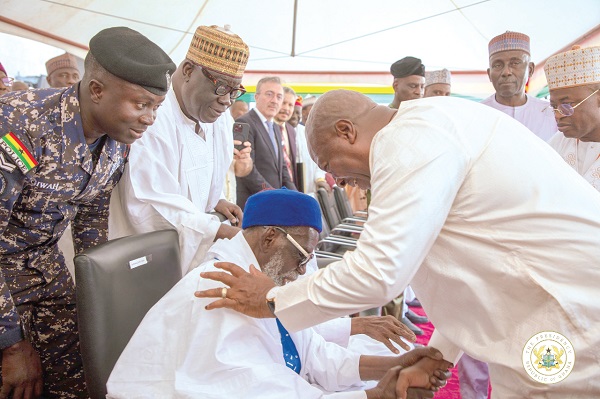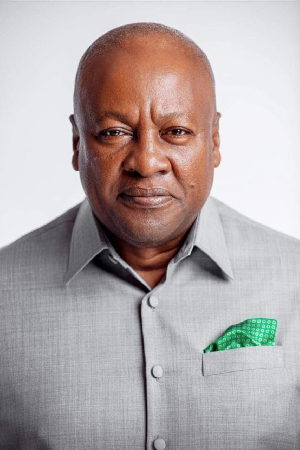The Union of Trainee Nurses and Midwives, Ghana (UTNMG), has voiced frustration over what it describes as the government’s neglect of nursing and midwifery students, citing 19 months of unpaid allowances that have left many trainees financially strained.
Although three months’ worth of allowances were disbursed recently, the Union insists this gesture barely addresses the ongoing financial challenges. The UTNMG also refuted Vice President Dr. Mahamudu Bawumia’s claims of consistent allowance payments, labeling them inaccurate.
The Union pointed out that the GHC219 million released in June was insufficient to meet the needs of trainee nurses and midwives, especially compared to teacher trainees who benefit from subsidized feeding and flexible fee arrangements. Rising costs have intensified the situation:
• Feeding fees now average GHC1,800 per semester.
• Admission fees have skyrocketed to GHC6,000–9,000 since 2021.
• Enrollment increases of 50% have not been matched by improved infrastructure, leaving students to contend with inadequate facilities.
Some students have even faced penalties for delayed fee payments, adding to their burdens.
The UTNMG has warned that the government’s lack of action could have dire consequences for Ghana’s healthcare system. They argue that the high costs and financial neglect could make nursing and midwifery training accessible only to the wealthy, ultimately reducing the availability of trained healthcare professionals in underserved areas.
The Union is calling on the government to:
• Clear all outstanding allowance arrears immediately.
• Reduce training costs to ease the financial burden on students.
• Ensure equitable resource distribution to support nursing and midwifery education.
The UTNMG has hinted at potential political repercussions in the upcoming elections, urging the government to take responsibility. “We cannot stand by while trainees are neglected,” they declared.
The Union’s demands reflect the urgency of addressing the crisis to safeguard the welfare of trainees and the future of Ghana’s healthcare system.






